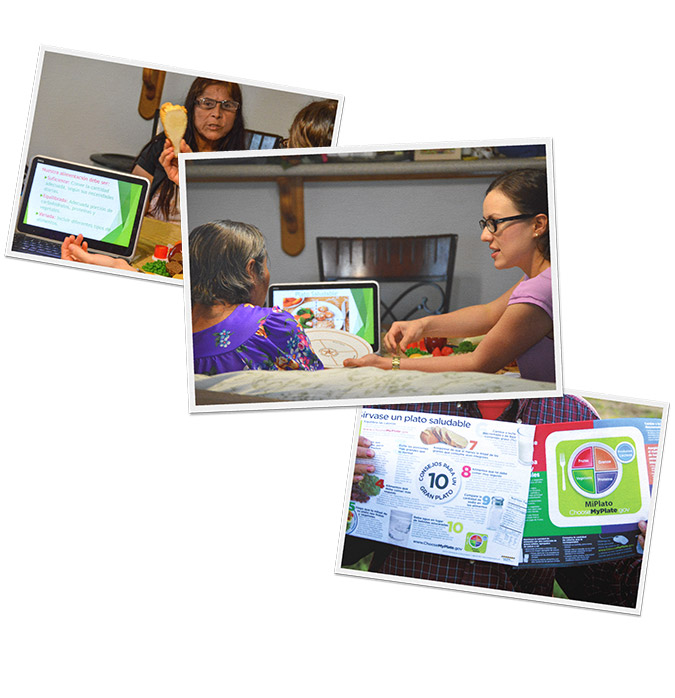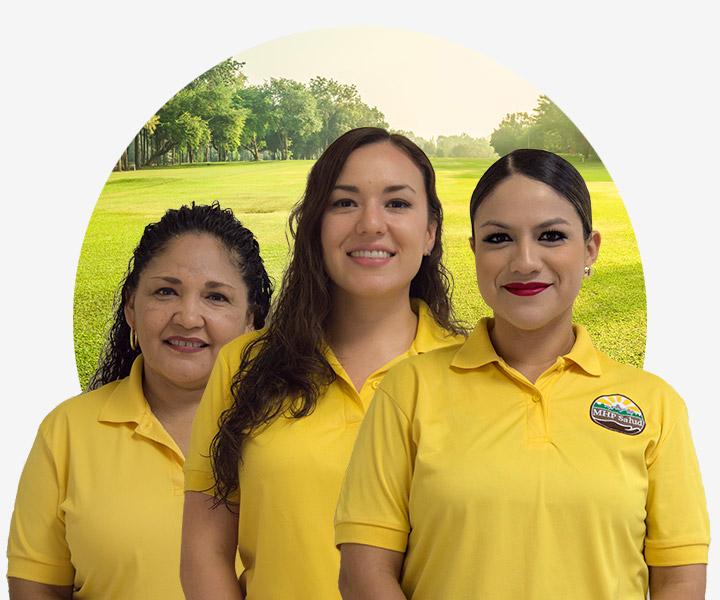Health Educators and Outreach Workers
Organizations that work in some of our most vulnerable communities are constantly seeking to develop and implement new and unique strategies to improve the health of individuals in communities across the U.S. For years, outreach work and health education have been utilized as strategies to prevent poor nutritional habits, inform individuals about chronic diseases, and promote healthy living activities.
Health Educators
Health Educators are individuals who teach people about health and wellness.1 Their duties can vary depending on the type of settings that they are in, however, they share key characteristics. According to the Bureau of Labor Statistics, key responsibilities commonly found across Health Educators are:
- Assess the health needs of the people
- Develop programs, materials, and events to teach people about health topics
- Teach people how to manage existing health conditions
- Evaluate the effectiveness of programs and educational materials
- Help people find health services or information
- Provide training programs for community health workers or other health professionals
- Supervise staff who implement health education programs
- Collect and analyze data to learn about a particular community and improve programs and services
- Advocate for improved health resources and policies that promote health1


Outreach Workers
In addition to Health Educators, many non-profit and community-based organizations employ Outreach Workers. Outreach workers act as a liaison within the communities they serve to further an organization’s mission. While they share similar characteristics with Health Educators and Community Health Workers, Outreach Workers are utilized in industries outside of health. For example, an outreach worker may be employed by an organization that works to end violence in a community; or by a university seeking to recruit high school students from underprivileged neighborhoods for unique higher education programs. When Outreach Workers work with health organizations, they are responsible for performing duties similar to that of a CHW and Health Educator. Some of these responsibilities include:
- Disbursing health messages into the community
- Providing educational materials on health initiatives
- Linking target populations to program services
Are CHWs, Health Educators, and Outreach Workers the Same?
Although CHWs share similarities and often work with Health Educators and Outreach Workers, their responsibilities are distinct. CHWs, by nature of their profession, must be of the community they serve. In other words, they are deeply connected to the individuals they serve due to shared culture, language, and a complete understanding of the dynamics of the communities they live in. Despite the distinction between these three professions, CHWs, Health Educators, and Outreach Workers have demonstrated the ability to improve health outcomes and reduce healthcare costs.
The CHW Career Web
The skillsets required of a Health Educator, Outreach Worker, and CHWs draw many overlaps with each other, and those from many other professions. Our CHW Career Web Model resource demonstrates the numerous ways that an individual can find themselves becoming a CHW or how they may progress onto other careers such as Social Worker, and Teacher, to name a few. Although the focus of these tools is on CHWs, they can be used by organizations that work with Health Educators and similar professions to help explain the different career trajectories that those in the CHW and similar workforces have.


CHW Professional Development
We’ve also created a blog series that highlights various stories of individuals who found themselves moving within and out of the CHW profession. Each story goes into detail about their journey and the steps they took to move from one career to the next. Each month we highlight two different paths to illustrate how the CHW profession builds skillsets that are desirable across many different industries and to acknowledge the key differences between the CHW profession and other careers in related fields.

